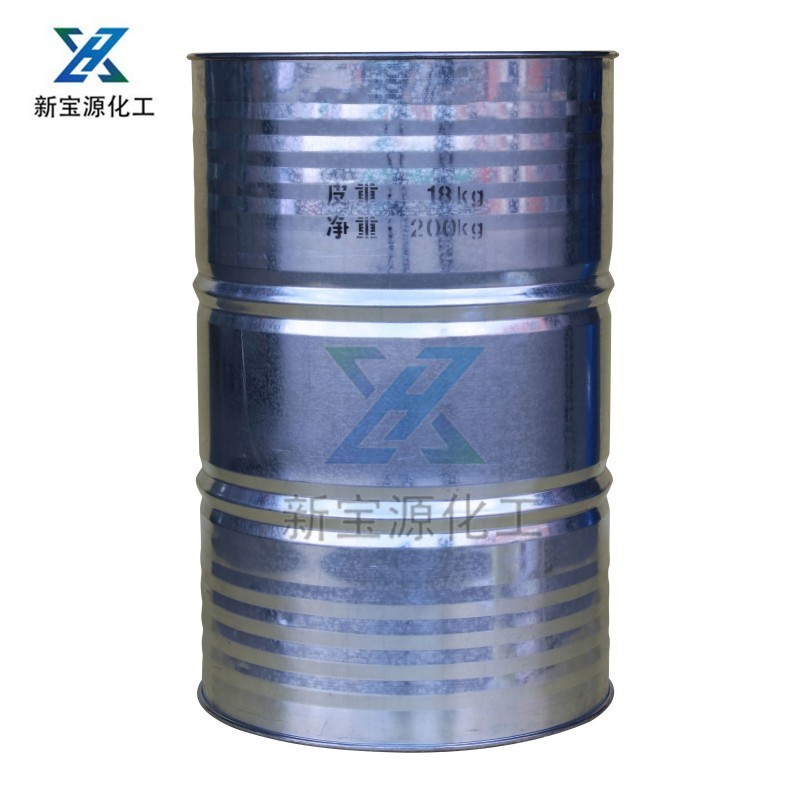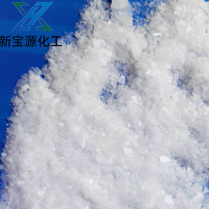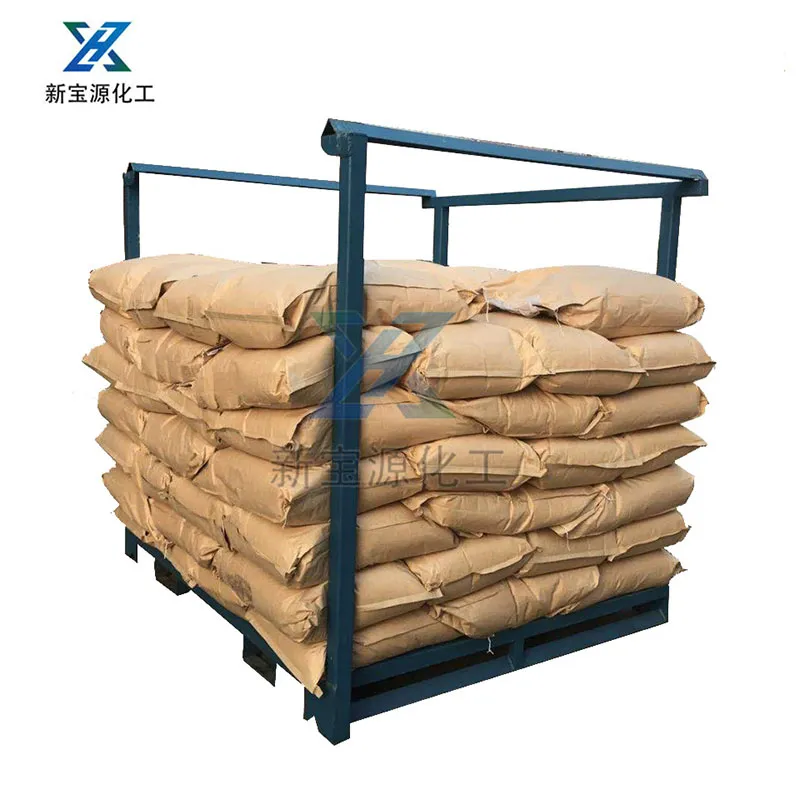Synthetic Fibre
Surfactants and industrial additives play a crucial role in the synthetic fiber industry, enhancing the production process and improving the properties of the final products. Surfactants, or surface-active agents, are compounds that lower the surface tension between two substances, such as liquids and solids. In the context of synthetic fibers, they are essential in processes like spinning, dyeing, and finishing.
During the fiber spinning process, surfactants are used to modify the viscosity of polymer solutions, facilitating smoother extrusion through spinnerets. This results in finer and more uniform fibers, which are critical for achieving high-quality synthetic textiles. Additionally, surfactants help in reducing the friction between the fibers and the machinery, thereby minimizing wear and tear on equipment and enhancing operational efficiency.
In dyeing processes, surfactants are indispensable for ensuring even dye distribution. They promote better penetration of dyes into the fiber structure, leading to vibrant and consistent colors. Moreover, surfactants can assist in the removal of impurities and excess dye, improving the overall quality of the dyed fabric. This is particularly important for achieving the desired aesthetic and performance characteristics in synthetic fibers used in fashion and home textiles.
Industrial additives, on the other hand, encompass a broad range of substances that enhance the physical and chemical properties of synthetic fibers. For example, additives like flame retardants, UV stabilizers, and anti-static agents are incorporated into synthetic fibers to improve their safety and durability. Flame retardants are essential for applications in textiles used in automotive and construction industries, where fire safety is a paramount concern. UV stabilizers protect synthetic fibers from degradation due to sunlight exposure, prolonging their lifespan in outdoor applications.
Furthermore, anti-static agents reduce the buildup of static electricity, which is particularly beneficial in synthetic textiles that are prone to static cling. These additives enhance the comfort and usability of synthetic fabrics, making them more appealing to consumers.
In conclusion, surfactants and industrial additives are vital components in the synthetic fiber industry. They not only facilitate manufacturing processes but also enhance the performance and aesthetic qualities of synthetic textiles, contributing to the overall advancement of the industry.
Related Products
Nantong Xinbaoyuan Chemical Co., Ltd
Mobile:+86-15365502058 Manager Shang
Email:sarashang@jshaishihua.com.cn
Email:ntxby@jshaishihua.com.cn
Address:No.5 Furong Road, Haian Town, Haian City, Jiangsu Province










